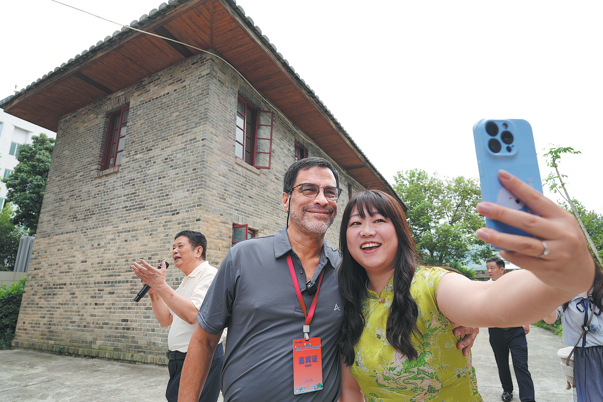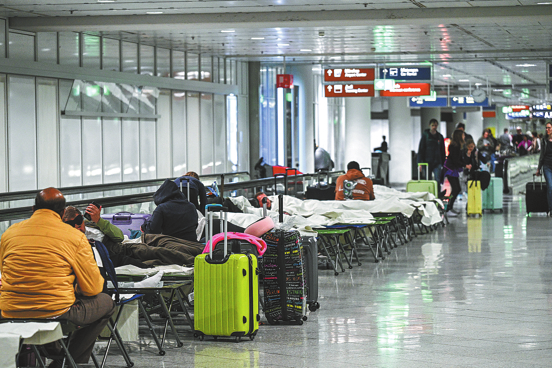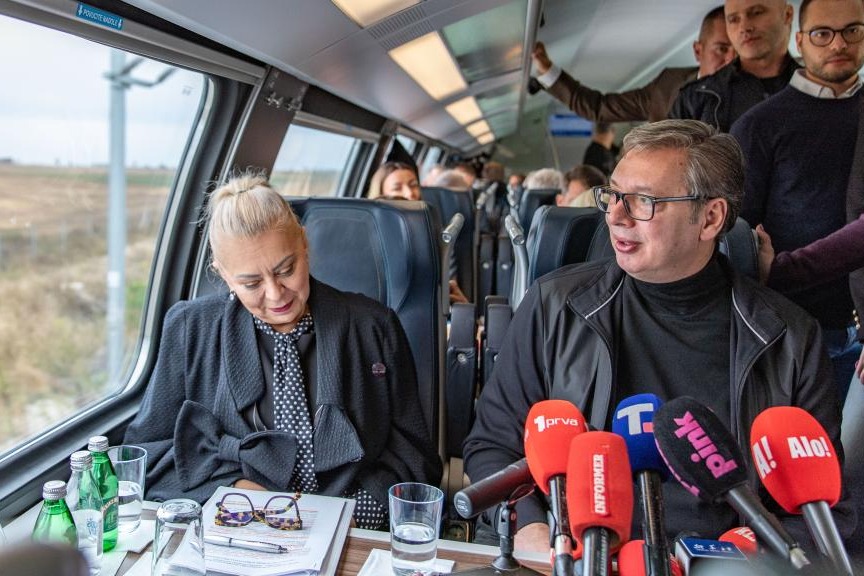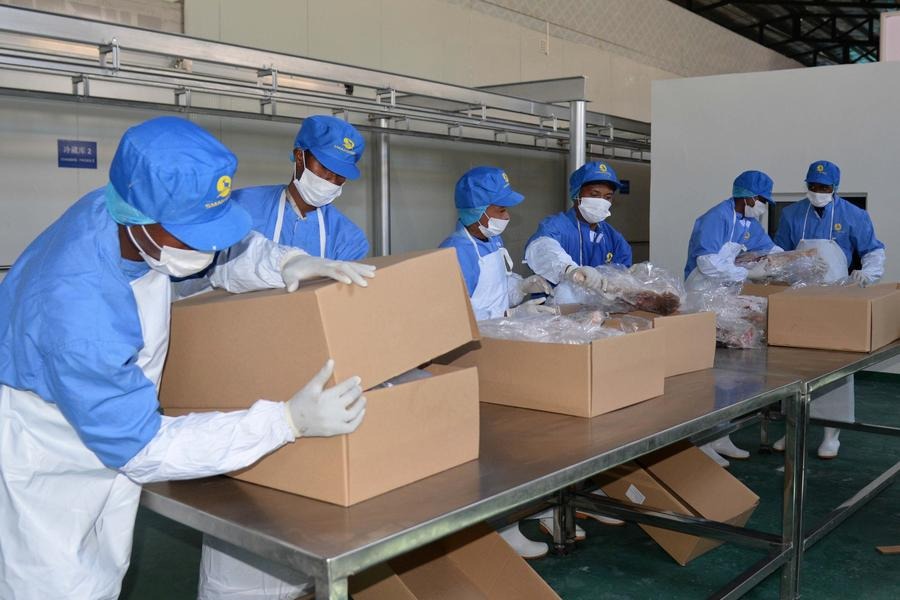COMESA states urged to align tax policies with regional commitments

The 21-member Common Market for Eastern and Southern Africa, or COMESA, states have been urged to align their domestic tax policies with regional commitments and eliminate protectionist barriers that hinder cross-border investment and disrupt supply chains.
Despite being part of the regional economic bloc, leaders warned that imposing local policies, taxes and levies on intra-regional imports distorts markets and undermines free trade principles.
Speaking in Kenya's capital Nairobi during the 18th COMESA Business Forum, Kenya's Deputy President Kithure Kindiki, noted that such moves could reverse years of progress toward regional integration and shared prosperity.
He urged the region to prioritize agriculture, digitalization and partnerships as key drivers of transformation in a globally competitive economy.
Kindiki said Kenya will leverage its upcoming chairmanship of COMESA to boost intra-regional trade, which remains low at only 17 percent, and to move beyond the export of raw materials to higher-value, processed goods.
"Value addition offers the best opportunity for higher returns, incentivizes industrialization, enhances productivity and promotes competitiveness," he emphasized.
He also underlined the need to spearhead a new era of regional integration anchored on digital transformation and value chain development.
"COMESA's focus on agriculture, digitalization and partnerships will propel the region into a competitive economy by empowering people, leveraging technology and fostering collaboration," Kindiki said.
The high-ranking Kenyan official highlighted three key pillars for Africa's transformation, including people, technology and partnerships - urging member states to include women and youth in trade and industrialization efforts, adopt digital technologies to boost competitiveness and forge stronger public-private partnerships to drive innovation and growth.
"Africa must think people, remain people-centric, harness technology and deepen partnerships to define our place in the 21st century," he stated.
Kenya Association of Manufacturers vice chair Hitesh Mediratta while echoing Kindiki's sentiments, called for urgent alignment of national tax regimes with regional commitments to protect the integrity of free trade within COMESA.
He warned that rising domestic taxes and excise duties on intermediate and raw materials within member states risks disrupting regional markets and discourage cross-border investment.
"While such measures may be well-intentioned, they distort markets, disrupt supply chains and discourage trade and investment," Mediratta said.
"If unchecked, these protectionist actions could undo years of progress and weaken the very integration we have all worked so hard to achieve,".
To fully harness COMESA's potential, he emphasized stronger collaboration between governments, the private sector and development partners to remove barriers, align policies and unlock investments that drive industrial growth.
Lee Kinyanjui, Kenya's cabinet secretary for Investments, Trade and Industry noted that improving regional trade, digital connectivity, and the free movement of people would be crucial to unlocking COMESA's economic potential.
He observed that COMESA's intra-regional trade currently stands at only 14 percent, far below its potential, hindered by persistent bottlenecks such as lengthy border clearance processes, logistical barriers and restrictive visa regimes.
Kinyanjui lauded Kenya's recent decision to abolish visa requirements for all Africans, saying it would enhance business mobility and cross-border trade.
"There can be no business when our people cannot move freely," he said. "The movement of goods and people across the region must be seamless to unlock our trade potential."
COMESA Secretary General Chileshe Kapwepwe highlighted that most trade constraints could be addressed through political will.
"We have consistently supported integrated border management systems, smart border technologies, including the regional customs guarantee, the digital yellow card system which ensures efficient issuance and verification across member countries," she said.

































